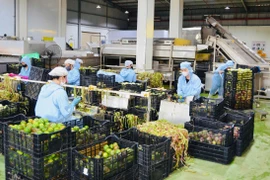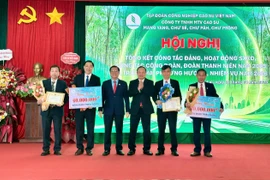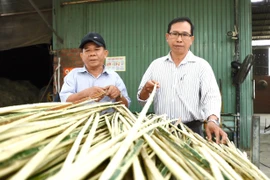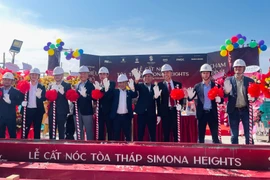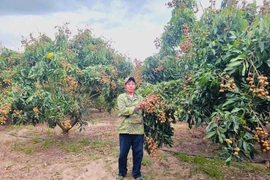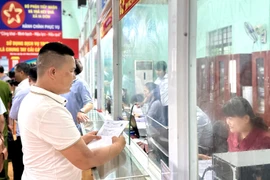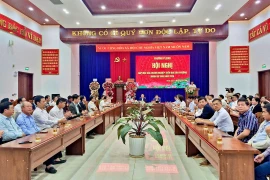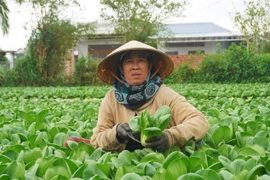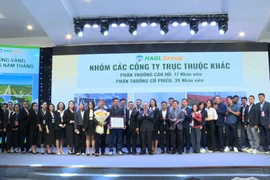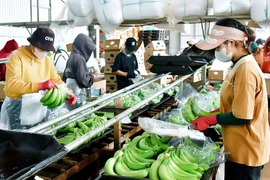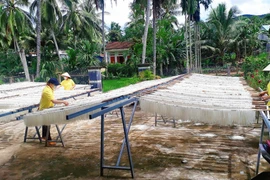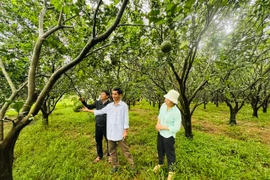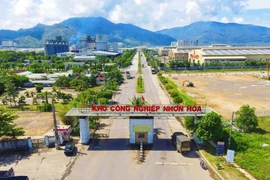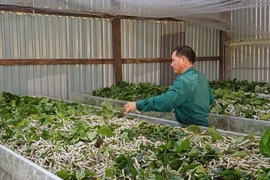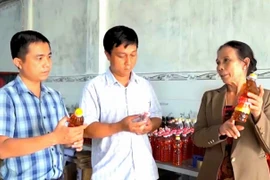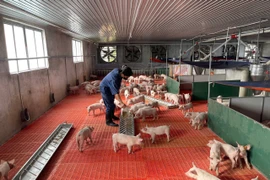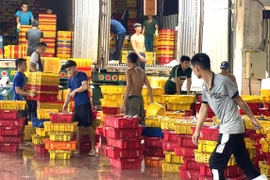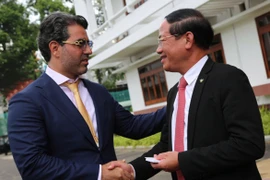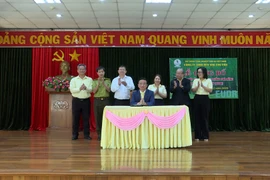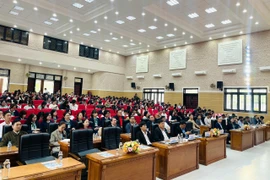Under the new regulation, the scope of industrial promotion now extends to small and medium-sized enterprises, cooperatives, and household businesses directly investing in industrial and handicraft production.
It also covers entities adopting cleaner production practices, pursuing sustainable consumption, or investing in industrial cluster infrastructure.

For the first time, People’s Artisans and Meritorious Artisans are included among the beneficiaries, highlighting the government’s effort to align traditional craftsmanship with modern economic growth.
The decree transfers the authority to approve the national industrial promotion program from the Prime Minister to the Ministry of Industry and Trade, streamlining administrative procedures and enhancing decentralization.
Decree No. 235 introduces key new concepts, such as “sustainable production and consumption” and “digital transformation” in industrial promotion. These updates reflect a strategic shift toward efficiency, innovation, environmental protection, and integration into the digital economy.
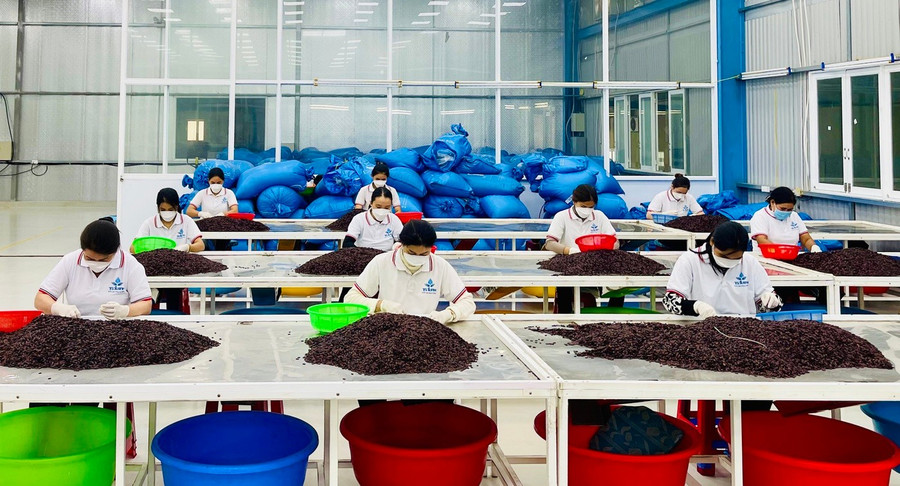
The new framework expands eligible activities to include vocational training aligned with practical needs; technical demonstration models and technology application; rural industrial product development through fairs, exhibitions, and product recognition; artisan support in handicraft preservation; and promotion of investment in environmentally managed industrial clusters.
In addition to traditional sectors—such as agro-forestry-aquatic product processing, mechanical engineering, textiles, and footwear—the decree also prioritizes high-tech, clean, and energy-saving industries, as well as environmentally friendly energy production. Establishments owned by women and ethnic minorities receive special consideration.
The updated regulation also refines the responsibilities of state management agencies across central and local levels, removing outdated provisions to improve policy effectiveness.
Industrial promotion projects approved before October 15 will continue without interruption to ensure stability and continuity of local initiatives.











